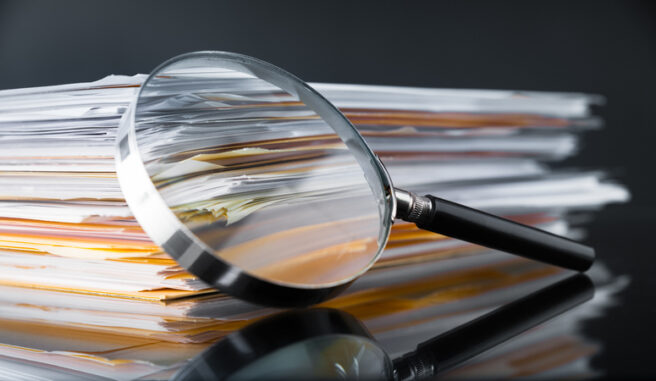
How often do you see this objection? Irrelevancy is one of the garbage objections that parties throw out in response to discovery. Do you wonder if opposing counsel actually understands what is relevant in discovery? Did you ever question if opposing counsel ever read the statute let alone the case law? So, what can you discover…Continue Reading Objection, Irrelevant!









